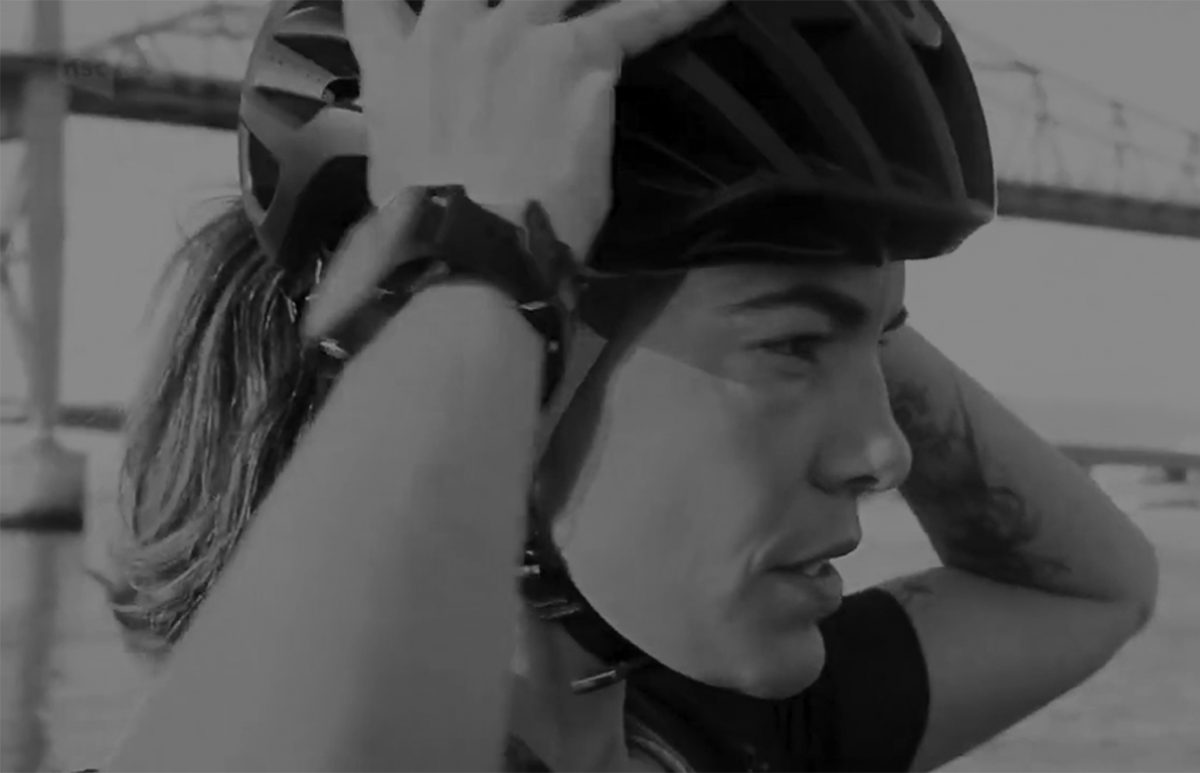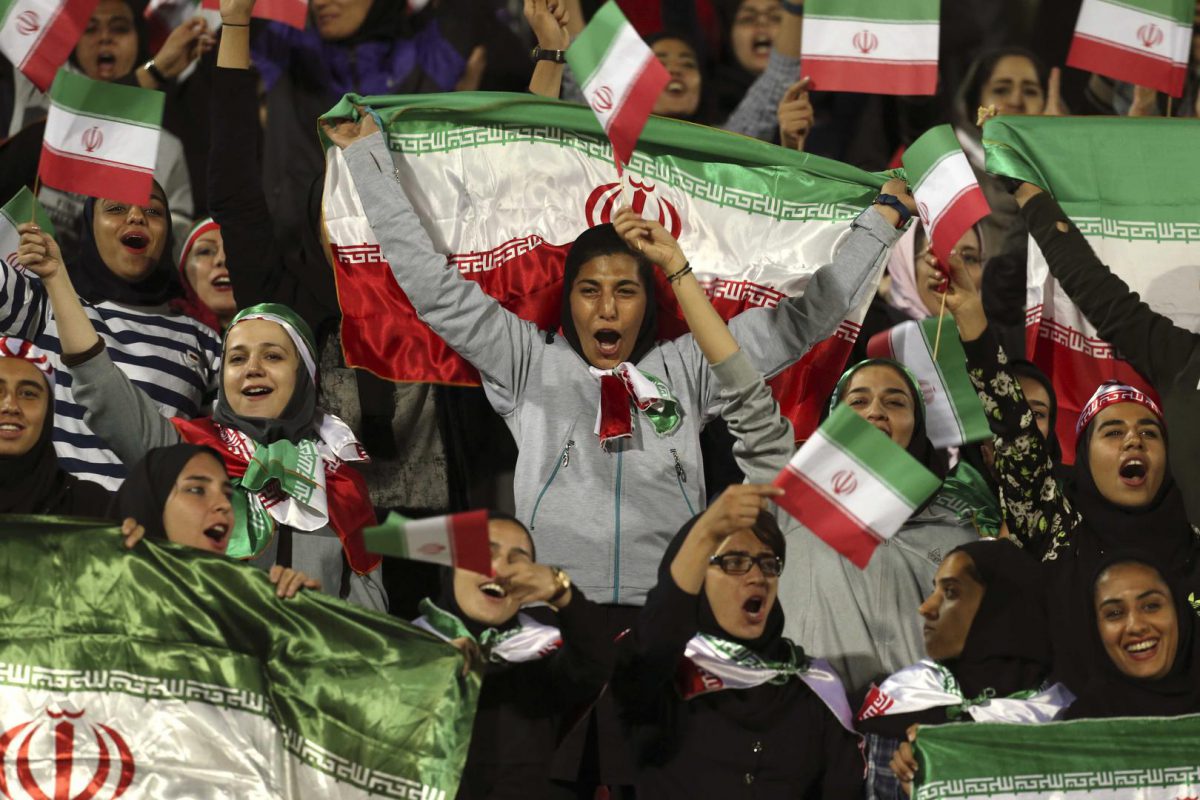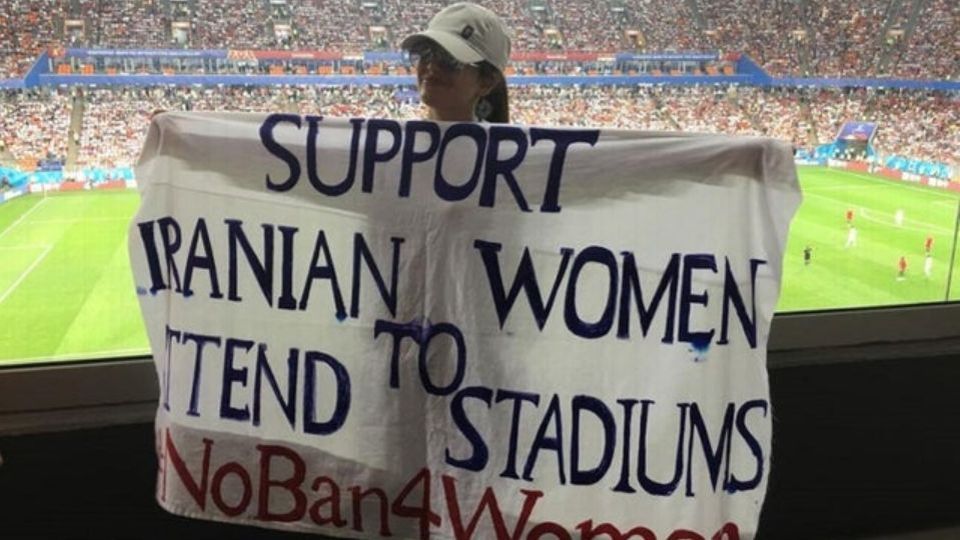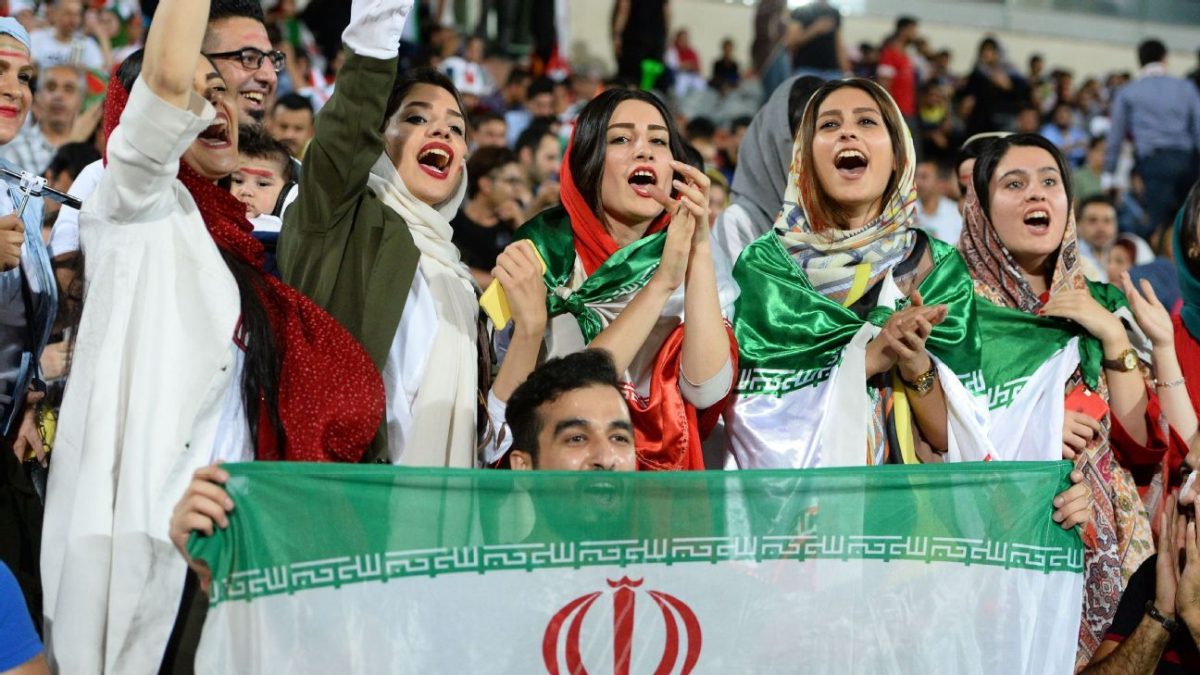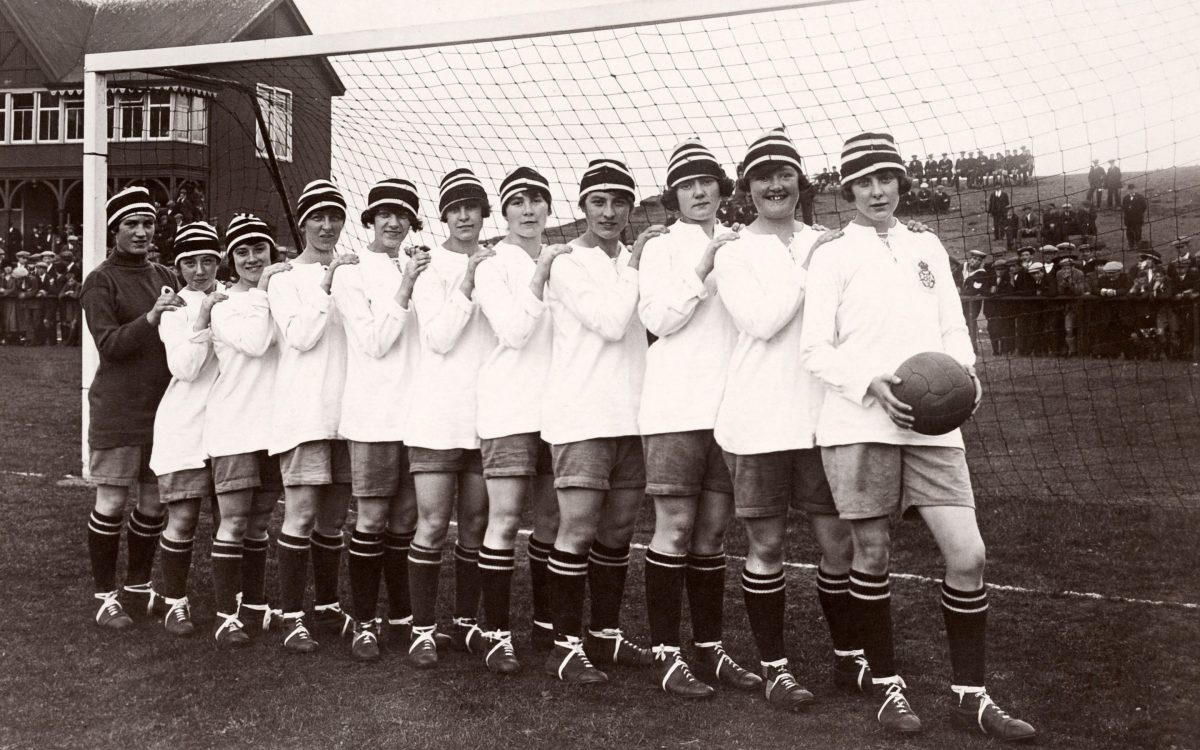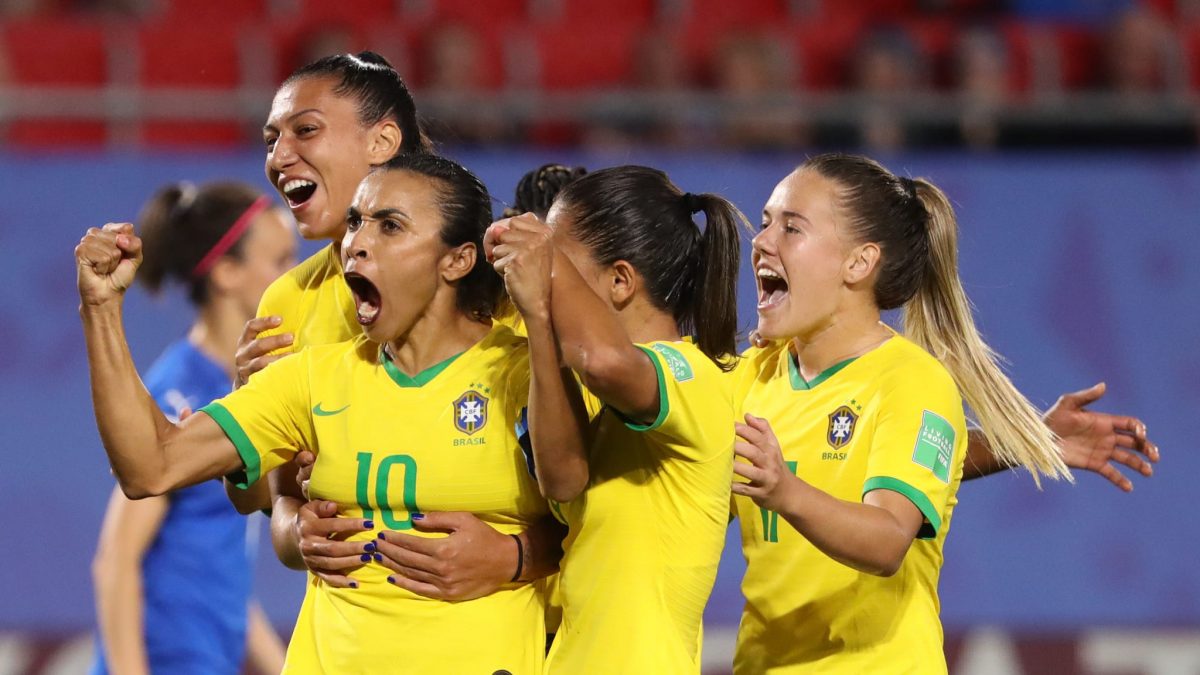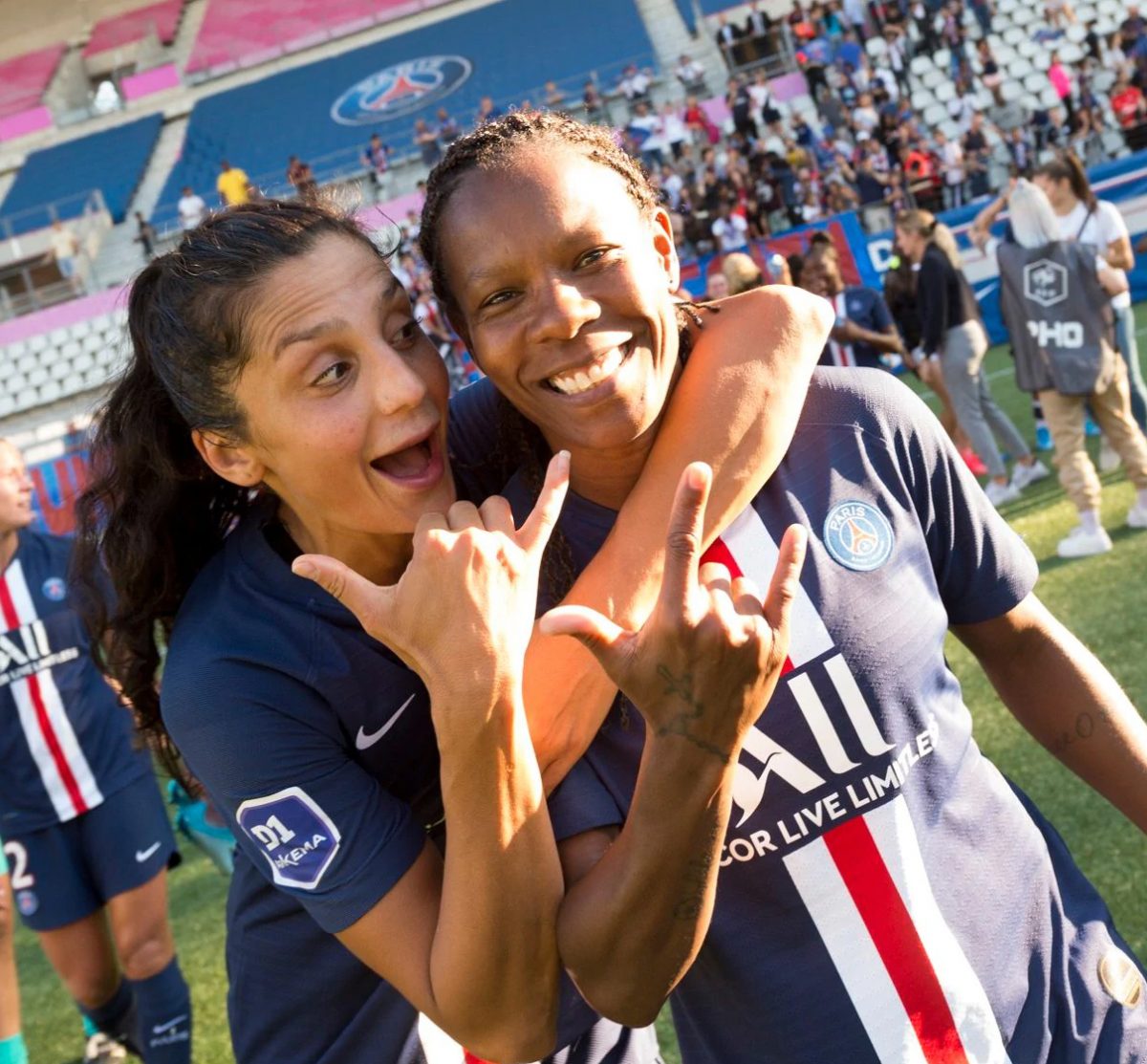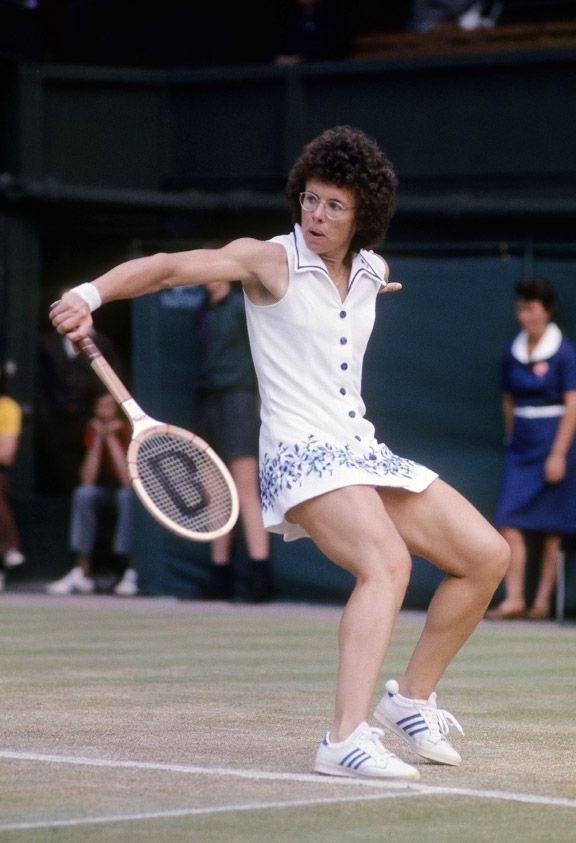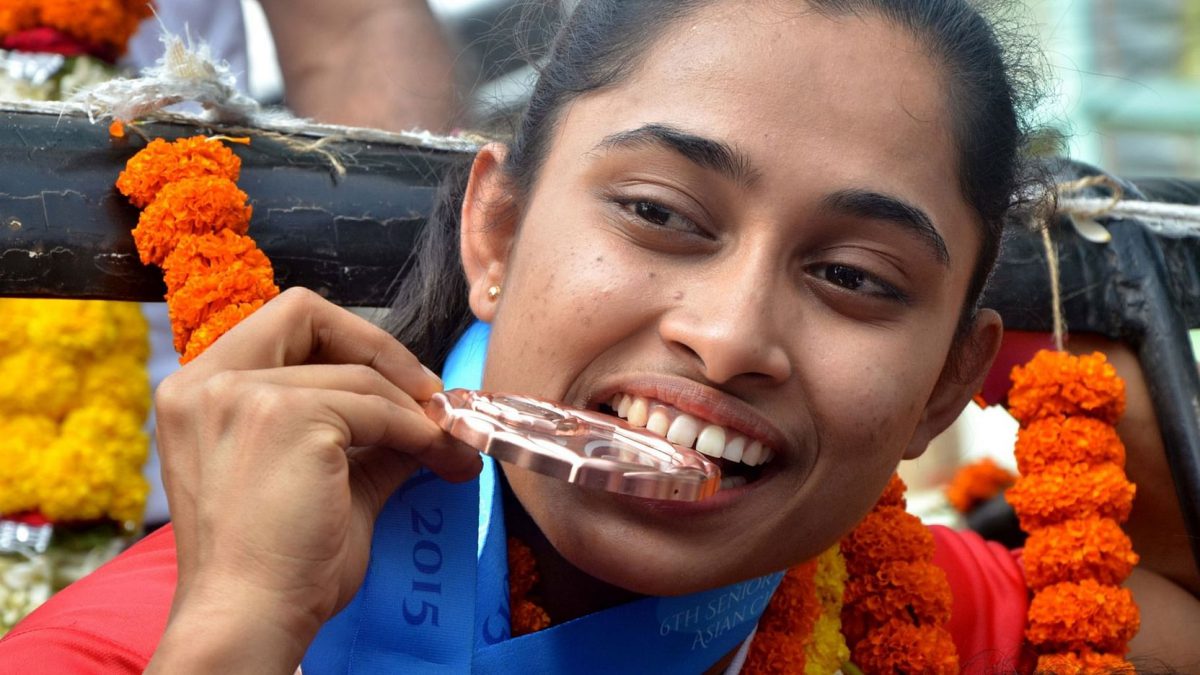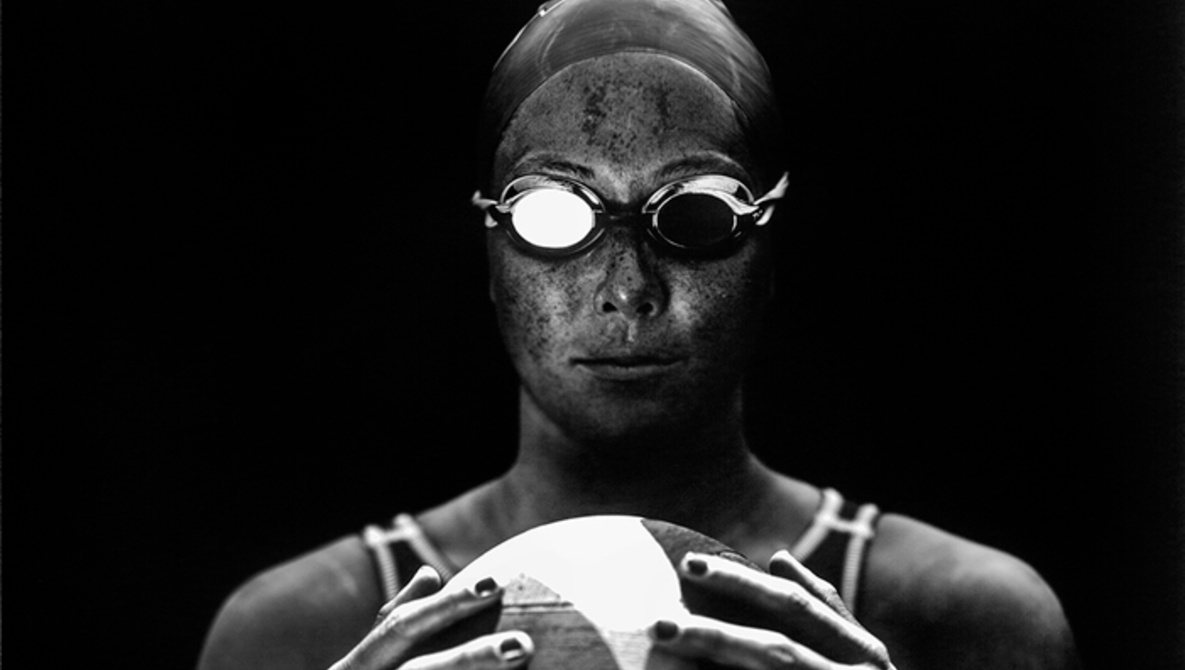Iranian women have been banned from stadiums for 40 years; Maryam Shojaei struggled to fix this
One day, Maryam Shojaei’s mother told her daughter stories of football matches in Iran. Before 1979, everyone – male or female – could enter the stadiums. That changed when the conservative government imposed an unwritten rule to exclude women from football matches because of “profane language” and “half-naked men” in stadiums. Since 2014, Maryam Shojaei, whose brother is Masoud Shojaei, the captain of the Iranian national team, has been fighting for women’s right to enter football stadiums, finding the rule inconceivable.
I was 4 years old when the war between Iran and Iraq [1980-88] started. On the first day of the war, our house was destroyed. None of us were at home. Otherwise, we would all be dead. This is probably why I am not quiet when I see something unfair – such as the violation of basic women’s rights.
The rule [to prohibit women from entering football stadiums] did not exist before 1979; it shows the randomness of it all. Many Iranians – half of whom are women – were interested [in watching football matches] and were not allowed to go. I wanted to take advantage of the platform that I have. My main focus was awareness. I wanted to question this injustice.
[In 2006], my friend Jafar Panahi, who is a director, made a film called “Offside”. The film created awareness, not only in Iran, but in the world. In the film, he showed how stupid this rule is, mainly because it has only been around for 40 years. At the time the film was released, there was a movement called White Scarves (which started in 2005). It was an incredible move. Women were not allowed to carry banners outside the stadium. You knew that hijab is a must here, right? And whatever they meant, they wrote on their white handkerchiefs and wrapped it around their heads. [The authorities] could remove their banners, but they couldn’t remove their scarves. “Half of the Azadi Stadium – Iran’s main stadium – is right,” is something I remember seeing written on a scarf. It was brilliant. I learned from them.
In 2014, I started to express my opinion slowly. It became clear after a while that there would be no changes in Iran. And I took my activism abroad – I went to matches all over the world, held banners, caught the attention of the media and the federation. I recognized that it had to be a global movement. Slowly, when they realized that I was not going to stop, the focus shifted to how to change that rule in Iran.
